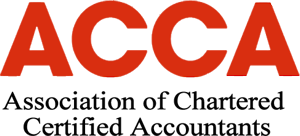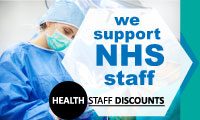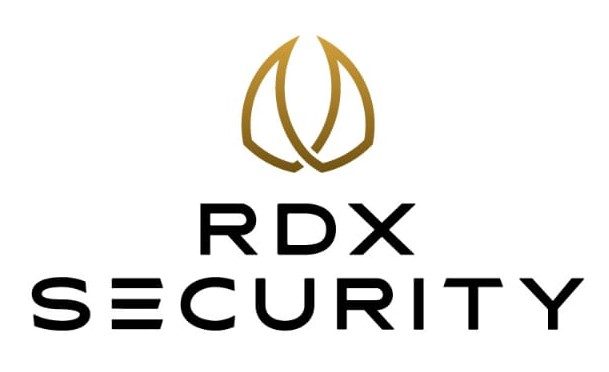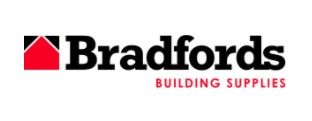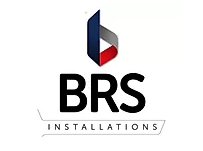How to save tax for Medical Professionals and Doctors
- March 2023
- 5 minutes
Many medical professionals find themselves working multiple jobs and balancing the demands of running a business in addition to their regular workload. This can make filing income taxes a complicated process, especially when their income is derived from several sources.
 Check Your Tax Code
Check Your Tax Code
For doctors, dentists, and pharmacists seeking ways to reduce their tax burden, a good starting point is to review their tax code. Your tax code communicates to HMRC the amount of tax that should be withheld from your earnings, and it is typically listed on your payslip. Medical professionals who work for the NHS but also earn income from private practice, or those who previously worked in private practice but now only work for the NHS, often overlook the need to verify that their tax code is suitable for their new circumstances. If you realize you have been using an incorrect tax code after your transition, there is no need to panic as you may still be eligible for a tax refund or a reduction in your tax bill in the following months. While you won’t experience any financial loss, it will be an additional inconvenience to have to take action to recover the funds owed to you.
 Claim your tax rebate
Claim your tax rebate
Medical Professions have a range of deductible expenses that are specific to their field, and these expenses can considerably reduce their tax liability. With the rising cost of professional subscriptions and medical indemnity, many professionals in this industry may be feeling financial strain. Fortunately, there are ways to alleviate this burden. For instance, certain items are eligible for tax deductions of up to 40%:
- Medical exams
- GMC fees
- Royal College Fees
To demonstrate, consider the case of a trainee doctor undergoing a standard 5-year training period, whose professional fees would amount to slightly over £5,500. With the 40% tax relief applicable to these fees, the savings would be an impressive £2,200.
Thanks to the HMRC vs Banerjee ruling, it may now be feasible for doctors to claim tax relief on their training expenses, provided that these expenses are wholly, exclusively, and necessarily incurred in the performance of their employment duties. It is important to note that attending training courses is mandatory and included in the Employment Contract.
Given that many Medical Professionals seek out specialized fields, it is worth noting that the longer and more costly your training and exams, the greater your tax relief may be.
 Claim tax-deductible expenses
Claim tax-deductible expenses
Self-employed doctors can subtract reasonable expenses from their income before calculating their tax bill. However, it’s easy for doctors to overlook certain expenses that are eligible for deductions. Therefore, here’s a brief reminder of the areas in which they can claim such expenses:
- Consulting room fees
- Stationary
- Accountancy fees
- Medical indemnity
- Travel cost-to include train fares, parking permits and tickets.
- Medical equipment
 Claim Appropriate Tax Credits
Claim Appropriate Tax Credits
Tax credits are typically aimed at providing financial relief to low-income workers, disabled workers, and those with childcare responsibilities. As a medical professional, you may qualify for certain tax credits depending on your individual and professional circumstances. The two main categories of tax credits available are child tax credits and working tax credits. In practice, working tax credits may not be a viable option for most qualified medical professionals, as they are generally restricted to lower-income workers. However, if you are the primary caregiver for your children, you may be eligible to receive tax credits to help offset this expense. It’s worth noting that individuals who already receive Universal Credit cannot simultaneously claim tax credits.
 Claim travel and relocation expenses
Claim travel and relocation expenses
This is a significant financial advantage that is frequently disregarded. Medical professionals can benefit from a generous tax-free relocation allowance of up to £8,000 throughout their training. Allowable expenses for this relocation allowance include:
- Stamp duty fees
- Legal fees
- Travelling expenses between hospitals
- Trainee doctors on placement may also be able to claim mileage to and from work.
- Removal fees
 Top Up Your Pension Scheme
Top Up Your Pension Scheme
By contributing to your employer’s pension scheme every month, you can reduce your taxable income by having these contributions deducted from your gross pay. You may choose to make voluntary contributions in addition to the regular monthly contributions that you are required to make. Many employers permit you to determine the percentage of your income that you would like to contribute. As an example, a pharmacist employed by a private company would be wise to increase their pension contributions to the maximum amount, as this would result in a reduction of their taxable income.
Here are some things to consider to make sure you are claiming all your pensionable income:
- As a sole trader, you have the option of contributing to your NHS pension scheme, even if you work for the NHS on a part-time basis.
- The contributions made to your pension fund are eligible for income tax relief, allowing the assets within the fund to grow without being taxed.
- If you choose to operate your private practice through a Limited Company, your company can make pension contributions on your behalf, which are fully tax-deductible and can be used to reduce your company’s taxable profits.
 Know Your Ins-and-outs of Private Practice Income
Know Your Ins-and-outs of Private Practice Income
To correctly report income earned in private practice, it’s essential to differentiate between the income that you’ve invoiced for services rendered and the income you’ve received. While it may seem logical that your income is taxable in the period when you receive payment, this is not the case. Instead, your income is taxable when you invoice your client, not when they make the payment. This means that your earnings are based on the amount you charge for your services, rather than the actual cash received. Therefore, if your clients do not pay their bills by the end of the relevant tax period, you will still be taxed on that income, regardless of whether or not you’ve received the payment.
Incorrect timing of tax return filing can create cash-flow issues, especially for those in medico-legal work, as solicitors (who owe you money) are notorious for late payments. Additionally, it’s crucial to be precise with the timing of your income for clarity’s sake. Incorrectly reflecting your earnings for the tax year in your tax return could lead to unfavourable views from HMRC.
 Training Costs
Training Costs
As a medical professional in a new position, you may need to undergo training and pass exams to meet the requirements of your role. In this case, you may be eligible to claim a tax deduction for these expenses. However, not all types of training automatically qualify for a tax deduction. According to HMRC, you are entitled to claim a tax deduction for training costs only if your employment contract specifies that you are in training and the training is a necessary part of your role. This means that if you cannot perform your duties adequately without this training, you may be able to claim the expenses related to it as tax deductible. In addition, if your training expenses are eligible, you can also claim for travel expenses and other related costs associated with attending the training event.
 Get a Separate Business Bank Account
Get a Separate Business Bank Account
To simplify the process of tracking payments and business expenses, it is recommended to set up a separate bank account for your private practice if you also have a role in the NHS. Though it may initially seem like a hassle, this can be very helpful when it comes time to do your tax return. Consolidating all your money in one account makes it easier to keep track of expenses and payments. Moreover, if you misplace a receipt for a business outlay, you can still use the relevant bank statement as evidence, provided that the outgoing payment is clearly identifiable as a business expense. The existence of a separate bank account can also help clarify any inquiry that may arise from HMRC, as your business records can be easily accessed without having to sort through your personal expenses.



